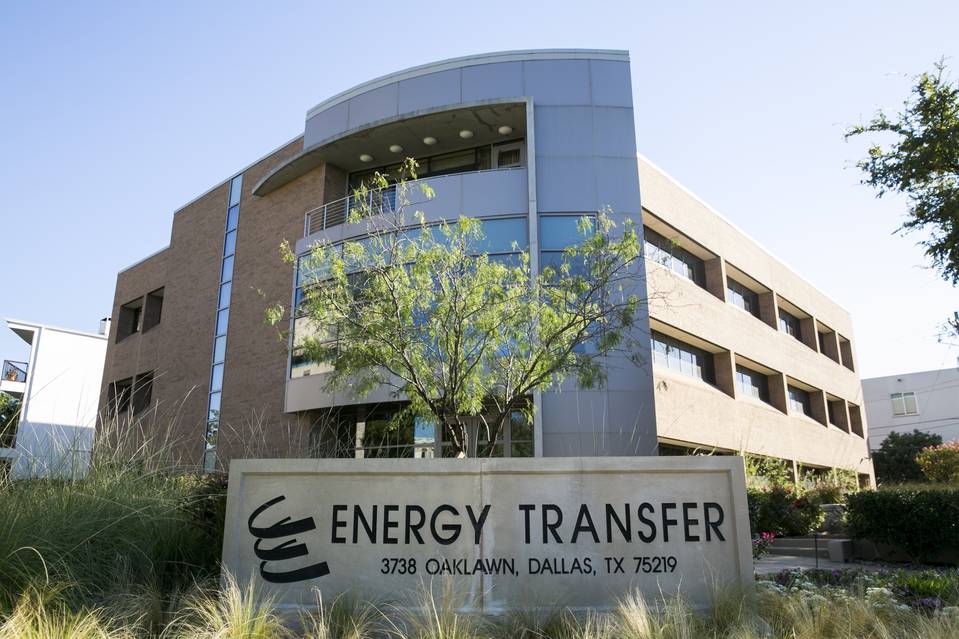Eksplorasi.id – Energy Transfer Equity LP terminated its agreement to buy Williams Cos. after 18 months of negotiations, leaving Williams to carry on as a standalone company and Energy Transfer to seek other options for growth.
Energy Transfer provided written notice terminating the nearly $33 billion agreement, according to a statement Wednesday. That came after a Delaware judge ruled last week that it could back out of its bid to buy the rival pipeline giant after failing to get lawyers to sign off on a tax opinion. By the time Williams shareholders tried to salvage the merger by voting to approve the takeover Monday, investors had already assumed the deal was dead.

The proposed tie-up now stands as one of the largest deals undone by the plunge in oil prices that has sent shock waves through companies, industries and entire economies. Crude’s collapse dragged the market value of both companies down by more than a third, straining their relationship and throwing into question the economics of the deal. As oil sank lower than either expected, both companies accused each other of sabotaging the deal.
Delaware Chancery Court Judge Sam Glasscock ruled June 24 that Energy Transfer may terminate the merger after its advisers said the deal didn’t free investors from tax liabilities. Williams remained steadfast, saying it would “enforce its rights” under the terms of its agreement if Energy Transfer attempts to terminate the pact, according to a statement after the decision.
The termination allows each side to walk away without a breakup fee, and means Energy Transfer Equity can avoid “being overburdened with $10 billion in new debt,” Bloomberg Intelligence analysts Kay and Brandon Barnes wrote in research published Wednesday.
Investor Pressure
Before the deal, Williams was facing pressure from investors to simplify its corporate structure and lower its cost of capital. In the aftermath of the Energy Transfer fight, it may see a shakeup in its management ranks.
“You need the board and the management team to be on the same page and moving in the same direction,” Bailey said in a phone interview on June 23.
Williams has already telegraphed one move. Earlier this month, it said it may have to cut its 64-cent quarterly dividend — for the first time in at least a decade — by a “material” amount. The shareholder payout may be cut by 75 percent in the third quarter, Timm Schneider, an analyst at Evercore ISI, said in a note to clients on Monday. Schneider also gave Williams a “buy” rating and a target price of $24 per share.
Meanwhile, Energy Transfer Chief Executive Officer Kelcy Warren feared that pushing ahead with the deal would prompt analysts to downgrade the company and cause an “implosion,” according to court testimony from Jamie Welch, the company’s former chief financial officer.






